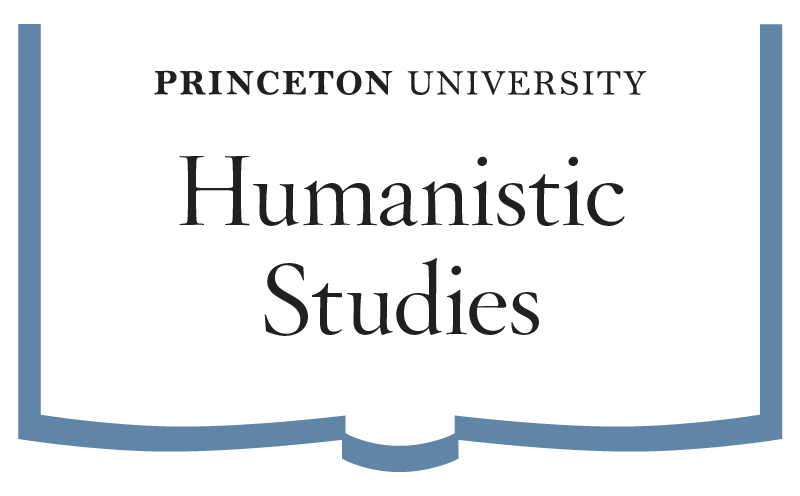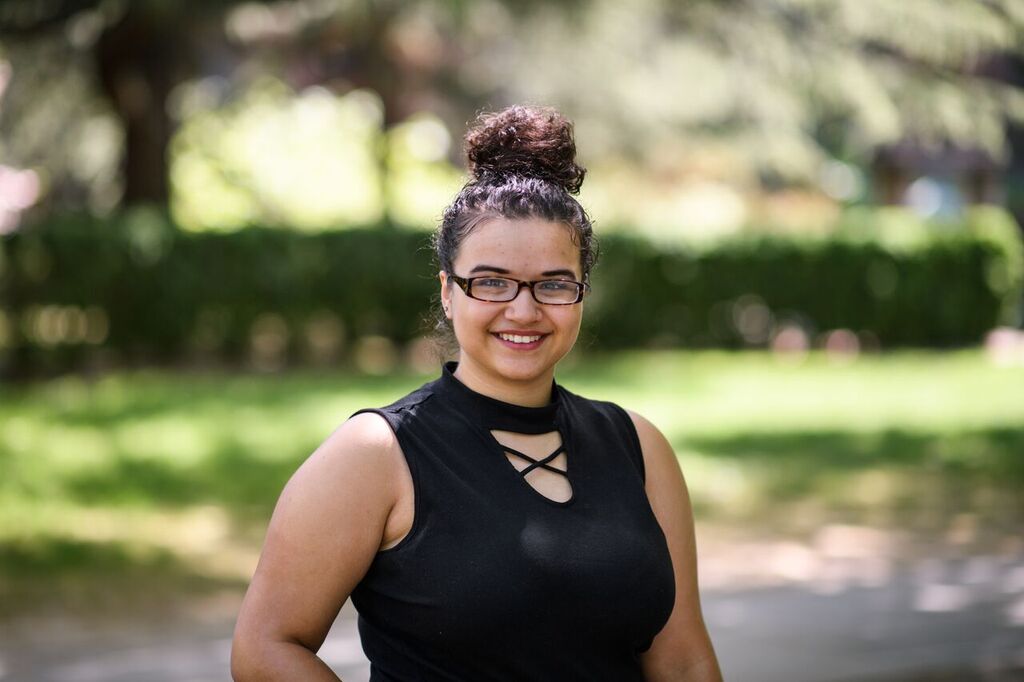jlugardo@princeton.edu
I’m a Classics major with a certificate in Hellenic Studies.
Role(s) held in the Humanistic Studies Program:
Certificate Student, Humanities Mentor, Behrman Society
Activities on campus:
Co-director of Princeton Dream Team, Princeton Latinos y Amigos, Princeton Hidden Minority Council, Peer Health Adviser, Digital Learning Lab Specialist, Matriculate, Community House in the Pace Center
Honors:
Mellon Mays Undergraduate Fellowship
Why I decided to study the humanities:
“My mother taught me from a young age that education is the most powerful weapon I could arm myself with. She had only graduated high school, and my father did not make it past the 4th grade. However, out of everything they could have been taught in school, there was only subject they missed that truly impacted their ability to assimilate into the US from Puerto Rico: English. Words. In America, words are power. Reading is power. Being able to convey yourself well is power. So I study the humanities as proof that I am overcoming this barrier that my family has generationally struggled with for so long. And I am proving that I can do so while still maintaining a very strong, prideful connection to my Puerto Rican culture.”
What I have gained from the humanities:
Through studying the humanities, I’ve gained a confidence in the classroom I have never had before. Whether it be in my class on Aristotle or my R-programming precept, I’ve learned to appreciate the nuances and inconsistencies in anything and everything. I’ve grown hungry to find some answers and comfortable not knowing others.
Independent work:
My senior thesis attempted to rehabilitate the current approach in scholarship to what little survives of Philip II of Macedon, father of Alexander the Great. The extant textual sources are enough to reconstruct his general portrait. However, Philip’s commitment to the optics of his leadership in the fourth century, as well as his contemporaries’ extremist opinions, inevitably distort scholars’ perception of him. I use spatial analysis techniques to look at the political-religious relationships that materialize in and around the spaces of the Theatre of Aigai in Vergina and the Philippeion in Olympia, to offer some insight to the role that architectural networks played in cultivating Philip’s optics for his Panhellenic audience.
HUM Sequence fall break trip:
I went on the HUM trip to Rome in 2017, led by Professor Yelena Baraz and Professor Esther Schor. During the trip, I explored the interplay between women and space in the church Santa Cecilia in Trastevere. There, I highlighted the use of the many depictions of men as negative space to accentuate the more scarce depictions of women within the church.













